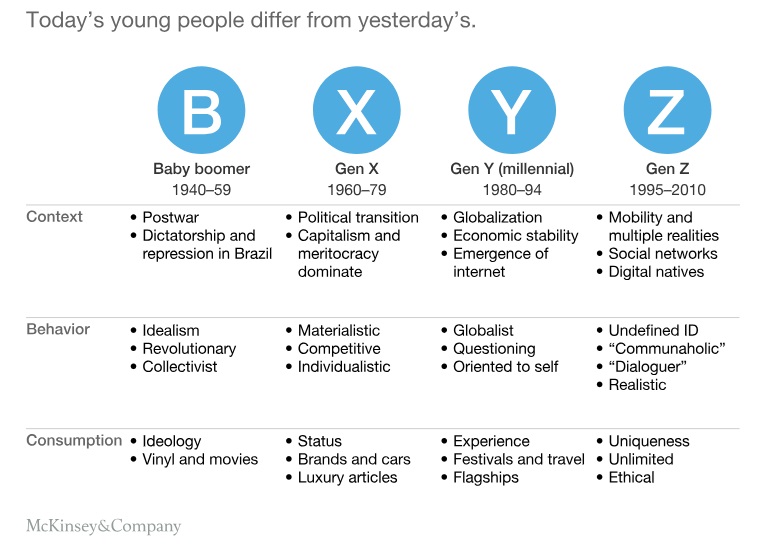DiSC® measures dimensions of your personality. It does not measure intelligence, aptitude, mental health, or values. DiSC profiles describe human behaviour in various situations. It measures tendencies and preferences, or patterns of behaviour, with no judgment regarding value or alignment with a skill set or job classification. DiSC is a tool for dialogue, not diagnosis. In today’s story we explore whether assessing your team using DiSC is still fit for purpose.
At its broadest, DiSC measures four aspects of personality: dominance (D), influence (i), steadiness (S), and conscientiousness (C). It was brought to the public in 1972 but was based on research carried out by William Moulton Marston in the 1920s and 1930s. Marston was a lawyer and a psychologist who produced the first functional lie detector polygraph and created the Wonder Woman comic.
The reason that DiSC is so popular as a tool is because it involves just one simple questionnaire. There is also a high correlation between the findings of the test and the expectations of the individual being surveyed.
What kind of questions should you be prepared to answer?
The test is easy to locate online, the questions haven’t changed for many years. But as a synopsis there are a minimum of 24 questions. Questions are adjective-based and simple. Respondents are asked to respond by recognizing whether a statement is something the respondent feels they are like, or not like. For instance.
Respondents might be asked if they “behave compassionately towards others”. The responses would range from Most Like Me, a Little Like Me, Neutral, Not Like Me, Least Like Me. And so on and so forth.
Questions can be quite challenging. For instance, “people who act illogically can irritate me”. One would be surprised if everybody didn’t respond with a “very much like me” response. There are other questions like “I am honest to a fault with my opinions” which then assume that you tell these illogical people what you think of them. Thankfully the questions are only virtual, and don’t ask for examples…
Development Centre or Assessment Centre. When does DiSC work Better?
Given DiSC’s longevity, many professionals are familiar with its framework. However, its effectiveness depends on how and when it’s used.
- Assessment Centres: When evaluating potential hires, candidates may be less inclined to answer truthfully, tailoring responses to align with the role they’re applying for.
(Added clarity and emphasis.)
- Development Centres: For existing teams, development centres are a better fit. While employees might still approach the test with some skepticism, the team’s familiarity with one another, and the potential involvement of an external facilitator, can yield more accurate insights.
The DiSC questionnaire helps leaders to learn how to see the world from another person’s perspective. It can help to create a highly efficient team when used in the right way.
Can DiSC work on Multigenerational Teams?
With the entrance of Gen Z into the workforce many new challenges need to be met in organizations. Much like how diversity can benefit an organization, so can a multigenerational workforce. With such a wide-ranging amount of diverging personality traits being part of the course, its useful to have a place to discuss the results of DiSC questionnaires. Creating these sessions can give multigenerational teams the time to discuss the forces beyond their control that have shaped their workplace personalities.
Challenges such as COVID-19 and how that has impacted employees can be one of the areas where DiSC can help.
The uniqueness of Gen Z behaviour was analysed by McKinsey in 2018. The global consulting firm surveyed four core Gen Z behaviours. McKinsey’s survey suggested that Gen Z behaviours were anchored in one element: Gen Z’s search for truth. Gen Zers value individual expression and avoid labels. They mobilize themselves for a variety of causes. They believe in the efficacy of dialogue to solve conflicts and improve the world.

Their answers will reflect this behaviour. A behaviour that is not mirrored amongst millennials.
How can Companies best use the DiSC Questionnaire?
There are several ways to implement the results of a DiSC Questionnaire in your organisation. These are:
- Understand the strengths and limitations of your team
- Tailor your communication to different personality groups within your organisation
- Assign tasks strategically
- Use DiSC assessments in hiring to help ensure you have the right match
- Use DiSC assessments when considering promotions
- Regularly review profiles in case of change of vision, direction or department setup
There are many other ways to implement DiSC in your organization. But these are some of the simpler ways to do it. In summary, using DiSC is still fit for purpose. The questionnaire may be a bit dated now. However, sometimes it’s the tried and tested that is often the right way to lead an organization.
If you want to discuss DiSC Assessments with our team, you can talk to the specialists at Verita HR who are all kept up-to-date on the most important topics and trends to affect the Polish and global job markets. Team members have all undergone a recent DiSC assessment and can share insights about that too.
Verita HR offers services including RPO | Permanent Recruitment | Outsourcing | Media Services
#GenZ #Behaviour #Personality #DiSCQuestionnaire #Employees #VeritaHR #Poland #Teamwork





